Ditching my smartwatch helped me rediscover my love of running
No time to worry
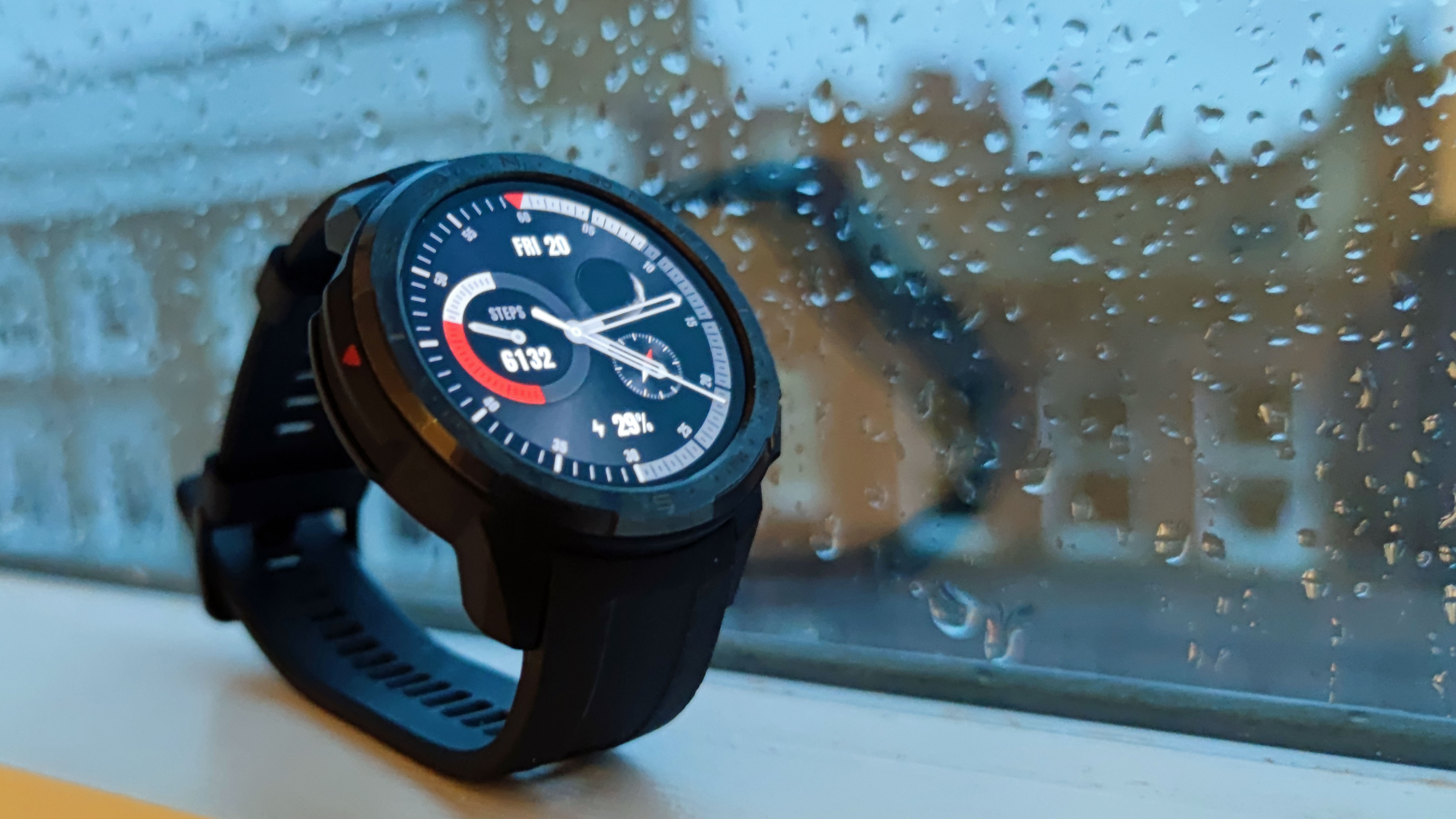
Sign up for breaking news, reviews, opinion, top tech deals, and more.
You are now subscribed
Your newsletter sign-up was successful
The best smartwatches offer loads of fancy features for regular runners, and I've tested gadgets with tons of tools that helped me improve my speed and timings.
These features range from built-in GPS, so you can track where you went, to accurate breakdowns of the different legs of your journey, and even modes that tell you how long you need to rest between workouts.
But after using running tech for years – smartwatches, running watches and fitness trackers – I've started to realize that they can be more of a curse than a blessing.
Getting run-down
I've tested quite a few smartwatches and wearable fitness tools in my time at TechRadar – I even used to write a fortnightly workout column – and I became reliant on using these devices to track my time, distance and stats. I used to run three or four times a week, and do a home workout daily.
That is, until Black Friday, which is a horribly busy time for tech journalists. I was working days of 12 hours or more, often overnight, and it completely ruined my running schedule. I didn't exercise at all for several weeks, as I didn't have the time or energy.
Exercising afterward was... a mixed bag. It's hard to build up your strength and stamina after losing it so dramatically, and the smartwatches actually made it a lot harder.
Because I used my smartwatch all the time, I already knew the exact timings for my different routes. I knew my 'standard' route, around three different London Underground stations near me, initially took me 45 minutes, but I'd managed to reduce that to an average of 42 minutes, and a personal best of 39 minutes.
Sign up for breaking news, reviews, opinion, top tech deals, and more.
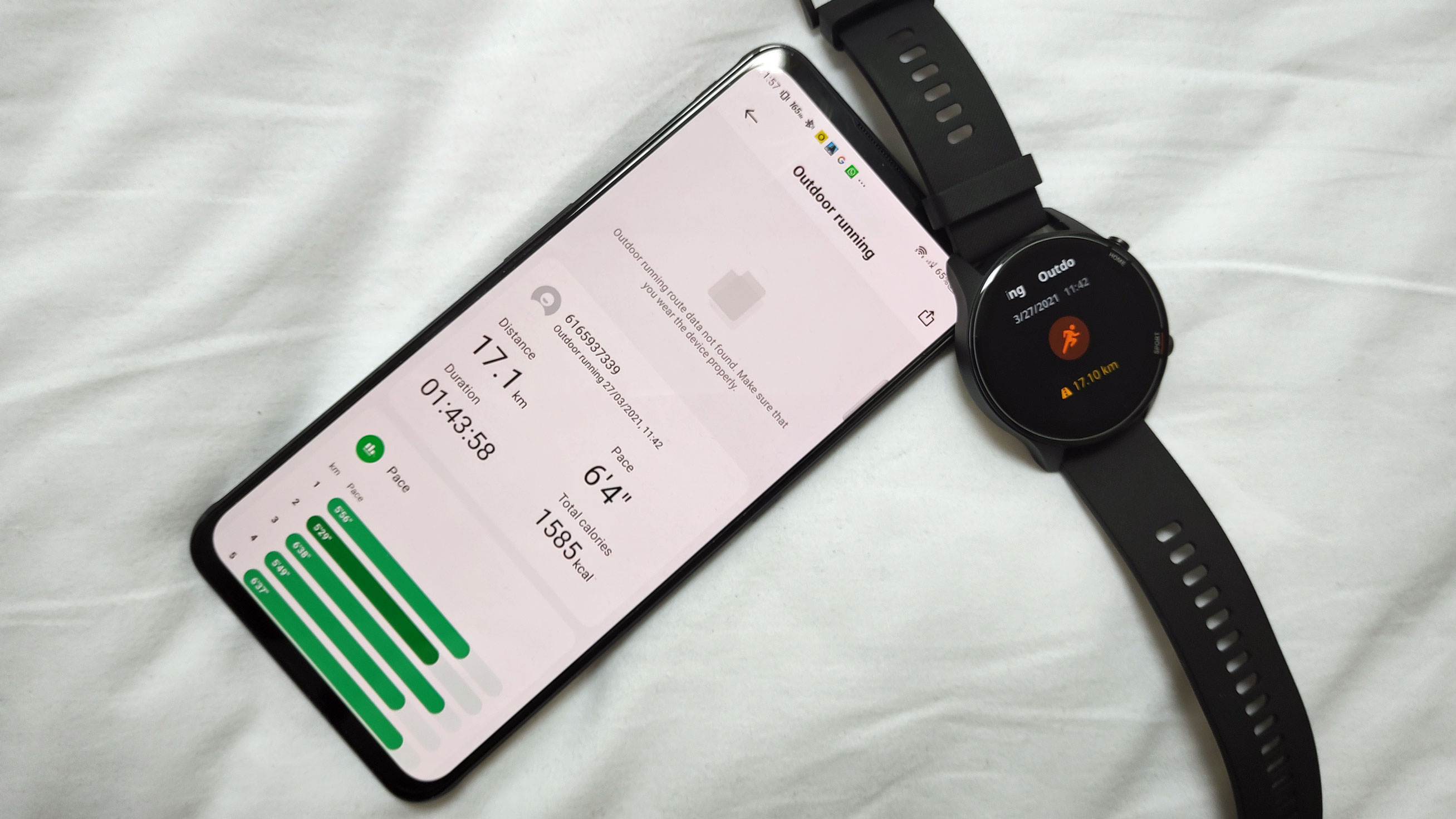
I knew how long it'd add if I did a warm-up lap of the park, took a different route down to the river, or instead ran to a nearby Heath. Each of my regular and beloved routes had their personal best (PB) times ingrained in my head.
But after letting my exercise routine fall to pieces, I wasn't even getting close to these times. My standard route took me about 48 minutes, and even hitting that time felt grueling. It was the same for my other tracks. It was disheartening.
And all the while, the smartwatch strapped to my wrist was reminding me of my poor times, of how much further I had to run, of how high my heart rate was getting. The trackers became constant reminders of my poor health. So instead of constantly getting insulted, I just stopped running.
Learning to run again
After a few disappointing runs in December, I gave up regularly running or working out. I didn't need to be reminded of my inability to get anywhere near my PB or hit the same number of reps as before.
This, obviously, was something of a Catch-22 situation. I wasn't running because my timings were awful. My timings were awful because I wasn't running. It was best just to avoid it altogether.
Every time I even considered going for a run and booted up a smartwatch or fitness tracker, it'd remind me "you haven't been on a run in 50, 60, 70 days. You idiot, Tom".
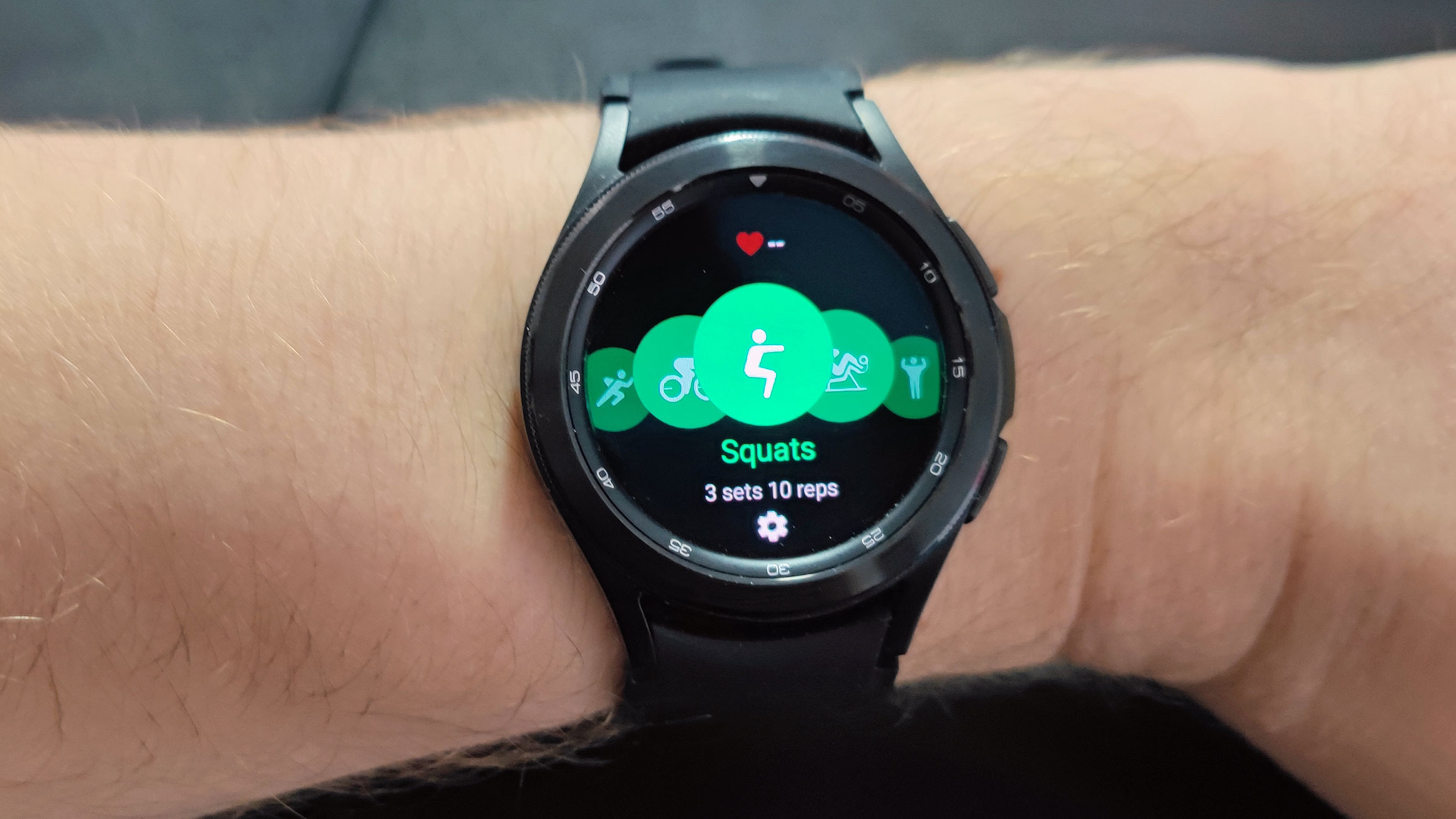
But then I moved house. I moved away from all the routes I'd carefully worked out, all the distances etched in my mind and the timings and personal bests attached faded away. I was in a new part of the city, with no numbers or figures to worry me.
And so one sunny day, I did something unthinkable – I just laced up my running shoes, left the house, and ran. I didn't bring my phone or my running headphones, especially not my smartwatch. With only a water bottle and my house keys, I hit the road.
I live fairly near Hyde Park, a large open space in London, and found myself running around the outskirts of it until, with a shrug of my shoulders, I set off down one of the tracks that bisect it.
If you know Hyde Park, you'll know that these tracks aren't all direct lines – they jut into open spaces, cut across each other, lead to other winding tracks. I wasn't following any predetermined direction or trail, just running where my feet took me.
It was a refreshing trip into nature (well, as natural as you can get for a park in the middle of a metropolis), where my route was dictated by my whim and my music was just the sounds of the birds and dogs.
When I got back, I had no idea how far I had run, or how long I'd been going. And it was an incredible experience – I'd lost myself in the sublime feeling of running, the joy of putting one step in front of another.
The way I felt about the run wasn't quantified by the metrics or stats provided by a wearable gadget, or by comparisons to previous trips, just by how good I felt after the run.
I had an even stronger response when running down a nearby canal a week later. I did bring my phone this time for music, but again ditched the fitness tracker and didn't time myself.
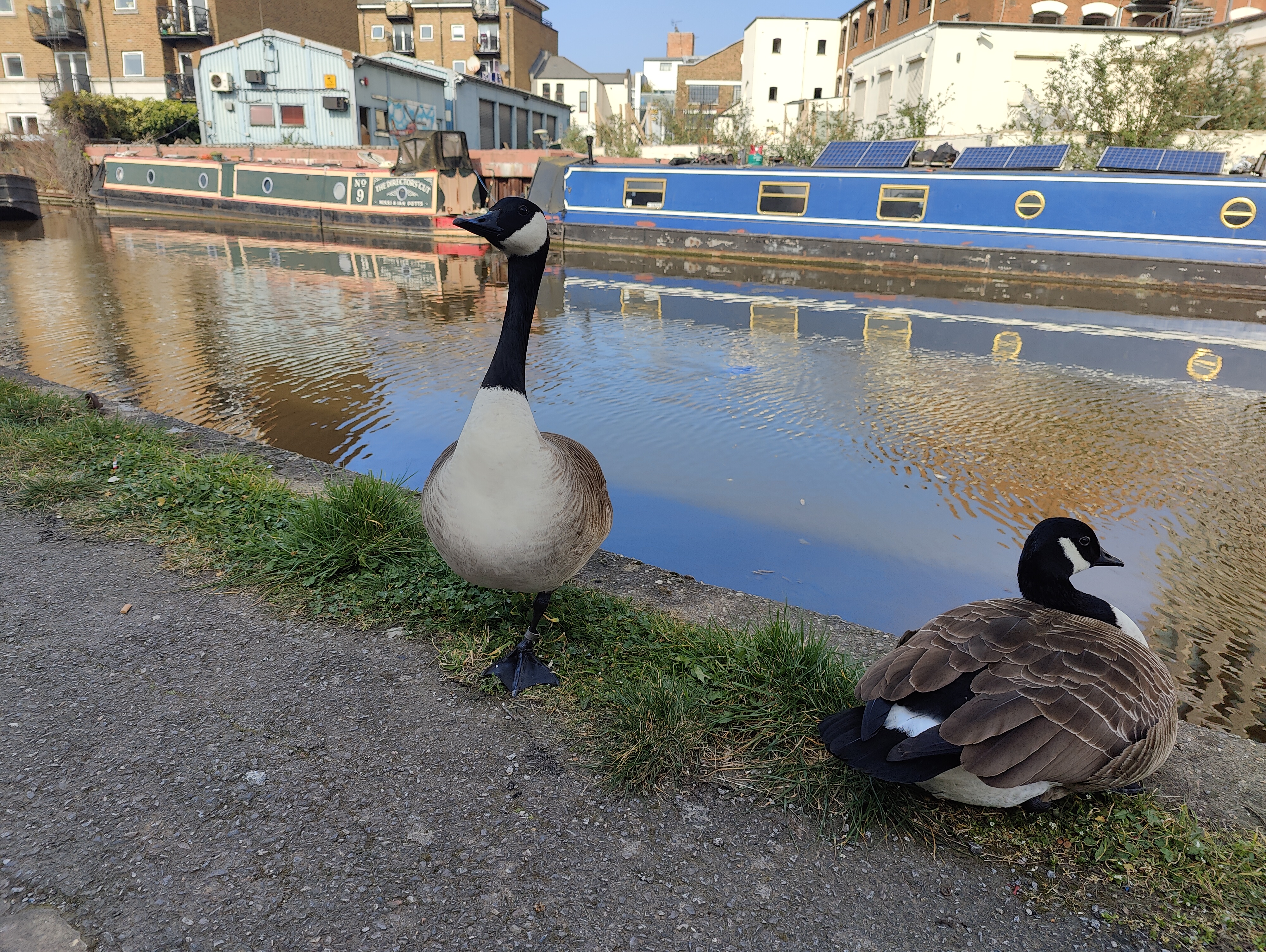
I don't know much about the canal I ran by, other than the fact it goes on for miles and miles and miles. And the more I ran from central London through the outskirts of the city, seeing my surroundings change again and again, the more I seemed to enter a timeless state.
This was an adventure – not in the sense that tech brands use to try to sell gadgets, by showing off a fancy GPS that works in mountains or modes that track your hill-climbing speed. I wasn't in the wild, I was in Park Royal, but without knowing my location, how long I'd been running, or how far I'd gone, I was untethered from all those meaningless numbers.
I kept running alongside the canal, kept turning around corners into further-unknown tracts of land, kept wondering 'what's after this next bend?' 'what will the next area be like?'. After being repressed through two years of lockdown, my wanderlust was rearing its head.
After a long while, I reached a threshold. I knew if I kept going, kept seeing what the canal had in store, I'd never want to turn back (I was only meant to be on my lunch break from work – perhaps going on my endless run in this limited slot of time was a poor idea). And so I turned around and retraced my steps.
This, to me, is the joy of running. Being lost in the feeling of your feet hitting the ground, and embracing whatever path finds itself graced by your shoes. Forgetting about silly stuff like time, distance, and heart rate, metrics that ground us in the boring realities of exercise, and instead, seeing what the horizon has in store.
I don't think I'd be able to have this experience of sublimity if I was using a smartwatch, if I had a device strapped to me that kept silently screaming 'you've been running for 15 minutes,' 'you've traveled 1km'. I needed to lose those numbers to find my enjoyment of the trail.
Keep a watch on it
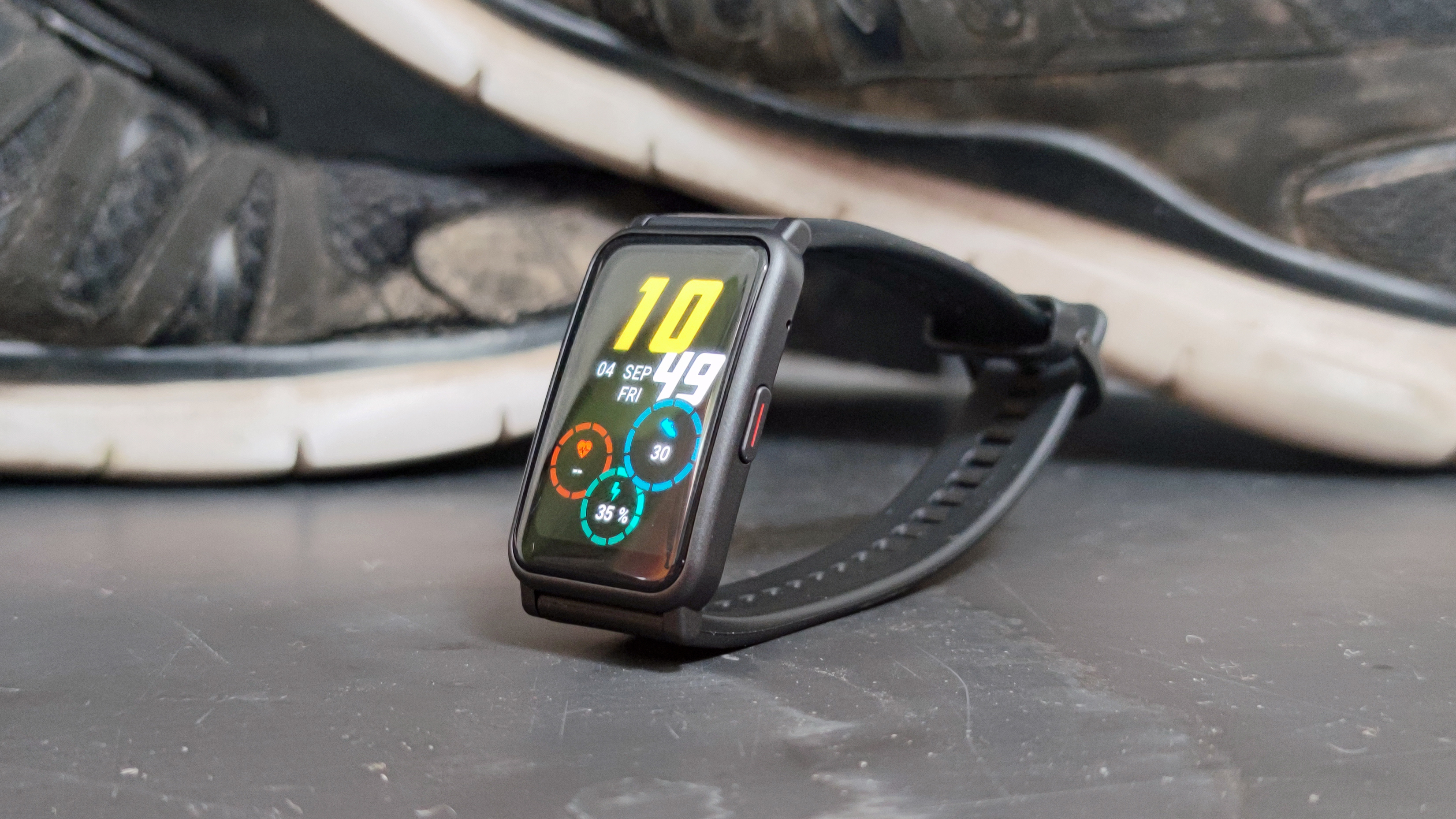
I can't be the only person who feels trapped in their constant need to out-do themselves, to make every circuit faster or longer or more efficient than the last. But this distracts from the fun escapism of outdoor exercise.
Even if you don't think you're getting burnt out on your self-comparison, I'd recommend trying this out: take off your smartwatch, and run a route you've never gone before. Don't worry about the timings, or where you are, just run until you're getting tired, then turn around and come back.
If you have a natural space to run in, that's great, but it doesn't matter. Try to avoid doing repeated circuits of the same location – it's good if you don't really know where you're going (stay safe though, obviously).
For people who like to measure every step they take, this workout is going to be a write-off. It isn't going in your permanent record – even you're not going to know how long you ran, or the distance. Not only are those metrics not the point, but not knowing those things is the core of this exercise.
Hopefully, by unshackling yourself from all these numbers, you'll find yourself running because you want to, not because your fitness tracker says you have to. I hope it helps. If not... well, you still learned something about the way you work, and that's great too.
Running is about escaping your worries, after all, not about adding to them. So if you feel your fitness tracker is doing more harm than good, you need to get rid of it.
Is this all to say that smartwatches and running watches are bad? Absolutely not, different people work in different ways, and some people like being tracked and having figures to contextualize each action. And I can't even guarantee I won't wear these devices ever again – my job is literally to test tech, after all.
But when I'm not testing a workout wearable, I do know what I'll be doing – unfastening the watch strap, pointing myself in a new direction, and letting the road take me somewhere I've never been before.

Tom Bedford is a freelance contributor covering tech, entertainment and gaming. Beyond TechRadar, he has bylines on sites including GamesRadar, Digital Trends, WhattoWatch and BGR. From 2019 to 2022 he was on the TechRadar team as the staff writer and then deputy editor for the mobile team.